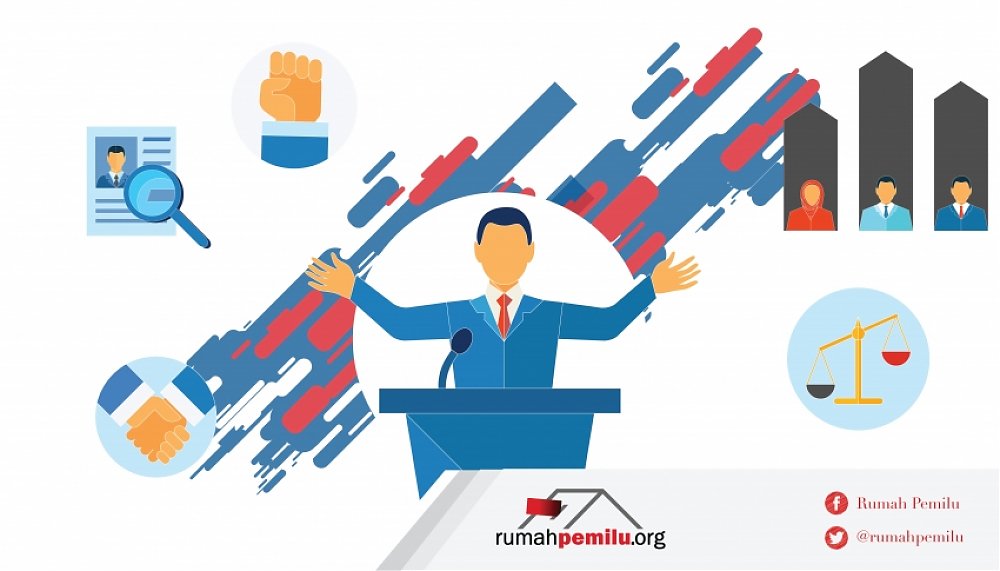The implementation of political contestation in Indonesia as a miniature democracy is considered not child-friendly. This condition is reflected in the existing electoral regulations and systems.
A reflection of the lack of electoral regulations with children's rights can be seen from the different age gap between the election regulations and Law Number 35 of 2014 concerning Child Protection. Although, Law Number 7 of 2017 concerning Elections and Law Number 2 of 2014 concerning Political Parties and the Child Protection Law, are considered to be sufficient to regulate and not too intervene in the privacy domain.
For Researcher of the Association for Elections and Democracy (Perludem) Usep Hasan Sadikin, the Child Protection Law is also not over-regulating. For example, the Child Protection Law prohibits the involvement of children in political activities, and the rules are quite good.
"The state does not intervene too much in private matters in its authority, in raising children or doing activities with children, but it is enough to regulate the abuse of political activities," Usep told RMOLJabar News Agency, Saturday (8/7).
However, Usep regretted that the discussion of the election was only a matter of revolving around the provisions on the abuse of political activities or campaign issues. In fact, what actually happened were fundamental things.
If everyone wants to refer to the provisions of the 1989 UN Children's Convention, it is stated that the definition of a child is a human being up to 18 years old.
"If we relate the definition of children to the definition of voters in elections, where voters are citizens aged 17 or who have been married, there is an age wedge there at the age of 17 to 18 years, as in the election issue we recognize first-time voters," he explained.
He also questioned the situation of first-time voters who are included in the definition of children whose rights are guaranteed, whether they are included in the voter list and then get proper information about electoral technicalities and voting procedures.
Then, he added, have they received information about political parties, candidates, both presidential candidates, legislative candidates or even regional head candidates for governor and mayor.
"How are they protected by law and have access to reporting violations of the law in elections, for example. We know that these novice citizens are vulnerable to money politics, intimidation or vote mobilization, so the discussion must also be expanded," he said. []
SYAMSUL ARIFIN
This article originally published by rmoljabar.id on July 8, 2023, with the support of the RESPECT Program hosted by Perludem.











